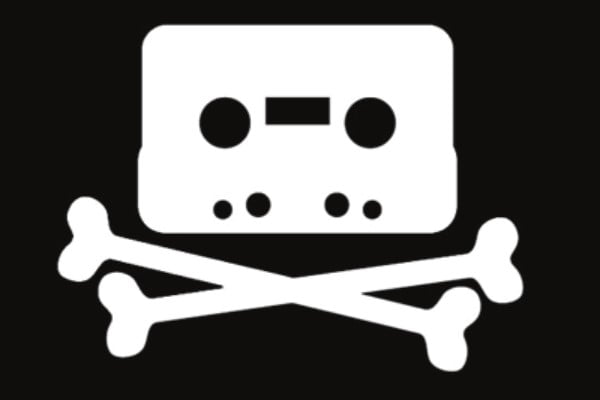Tackling online piracy is a complicated endeavor that can easily backfire. This is also true for takedown notices.
Week in and week out, rightsholders send millions of DMCA takedown notices to help take infringing content offline. However, there can be serious collateral damage as well.
In the past, there have been many examples of takedown abuse. DMCA notices have been used to silence critics, stifle competition, or earn millions of dollars by claiming ownership of content created by others.
Weaponized Takedowns
This week, Billboard highlights yet another troubling example. The music publication reports that artists are “weaponizing” false claims against rivals, taking down music that’s starting to get traction.
This problem isn’t limited to a single service but as one of the largest streaming services, Spotify often finds itself involved. Reports of fake or unjustified copyright claims have been circulating for many years and the situation doesn’t appear to be improving. A search on Spotify’s community site brings up several examples of people who have been targeted by false copyright claims.
“I’m having issues with a third party making a false copyright claim on my music. They do not have any rights in the sound recording and only make false claims out of spite,” one user writes.
No Counter Notice?
The problem with Spotify’s system is that it’s relatively easy to flag a track and have it removed. However, there is no official option for the accused party to appeal the takedown. Instead, they have to resolve the matter with the accuser directly.
If the accuser doesn’t respond, the artist is simply out of luck, one manager tells Billboard. This is particularly problematic for smaller artists, who don’t have a direct line to people higher up in the Spotify chain.
“I could just not like a record, claim it was infringing, and then not respond to [the artist behind the record] when they reach out to me,” the manager says. “Then that record would be held in purgatory unless they have a relationship with Spotify that can help them undo [the takedown].”
Another music manager said that roughly three weeks were spent tracking down an accuser. They stalked the claimant on Instagram and then cold-called them, in a desperate attempt to address the issue. All this time the popular track remained offline, not earning a single dime.
Room for Improvement
Spotify notes that these problematic takedowns are affecting the entire industry. The streaming service does its best to prevent abuse and will continue to make improvements.
“We have robust, active mitigation measures in place that identify bad actors, limit their impact, and penalize them accordingly. We are continuously evolving our efforts to limit the impact of such individuals on our service,” a spokesperson said.
Right now, bigger labels will find it easier to address wrongful takedowns than indie artists, which creates an unfair situation. Implementing a counter-notice system, as the DMCA prescribes, could be a good start to improve things.


 Tackling online piracy is a complicated endeavor that can easily backfire. This is also true for takedown notices.
Tackling online piracy is a complicated endeavor that can easily backfire. This is also true for takedown notices.



